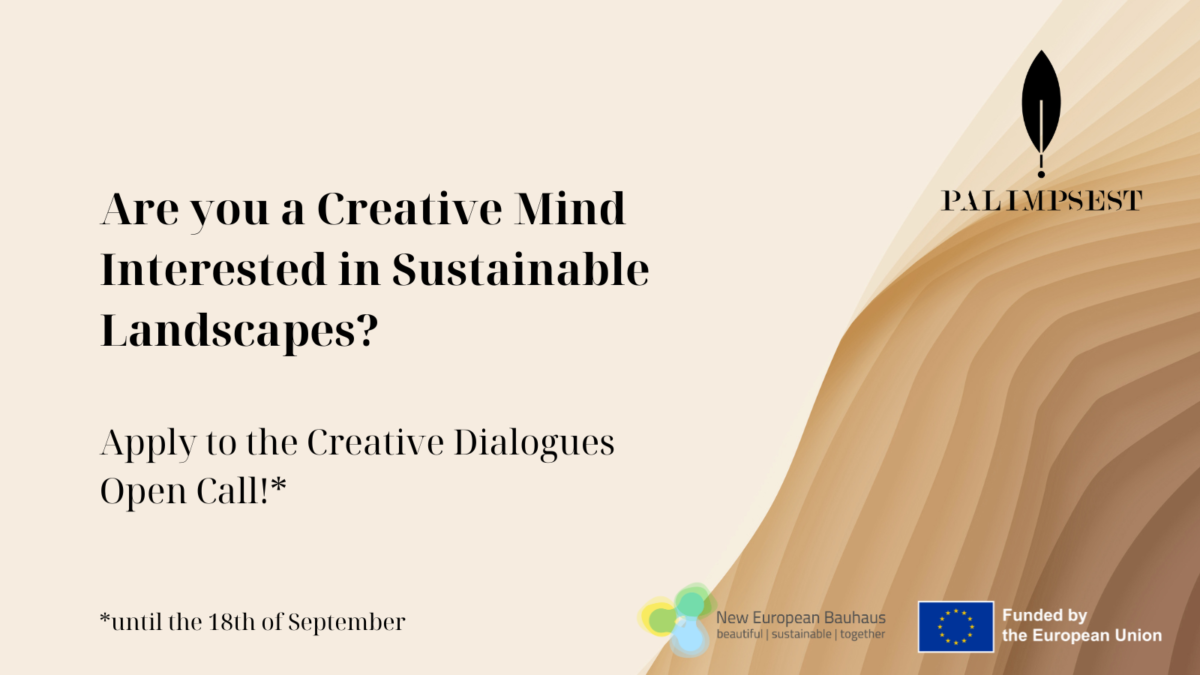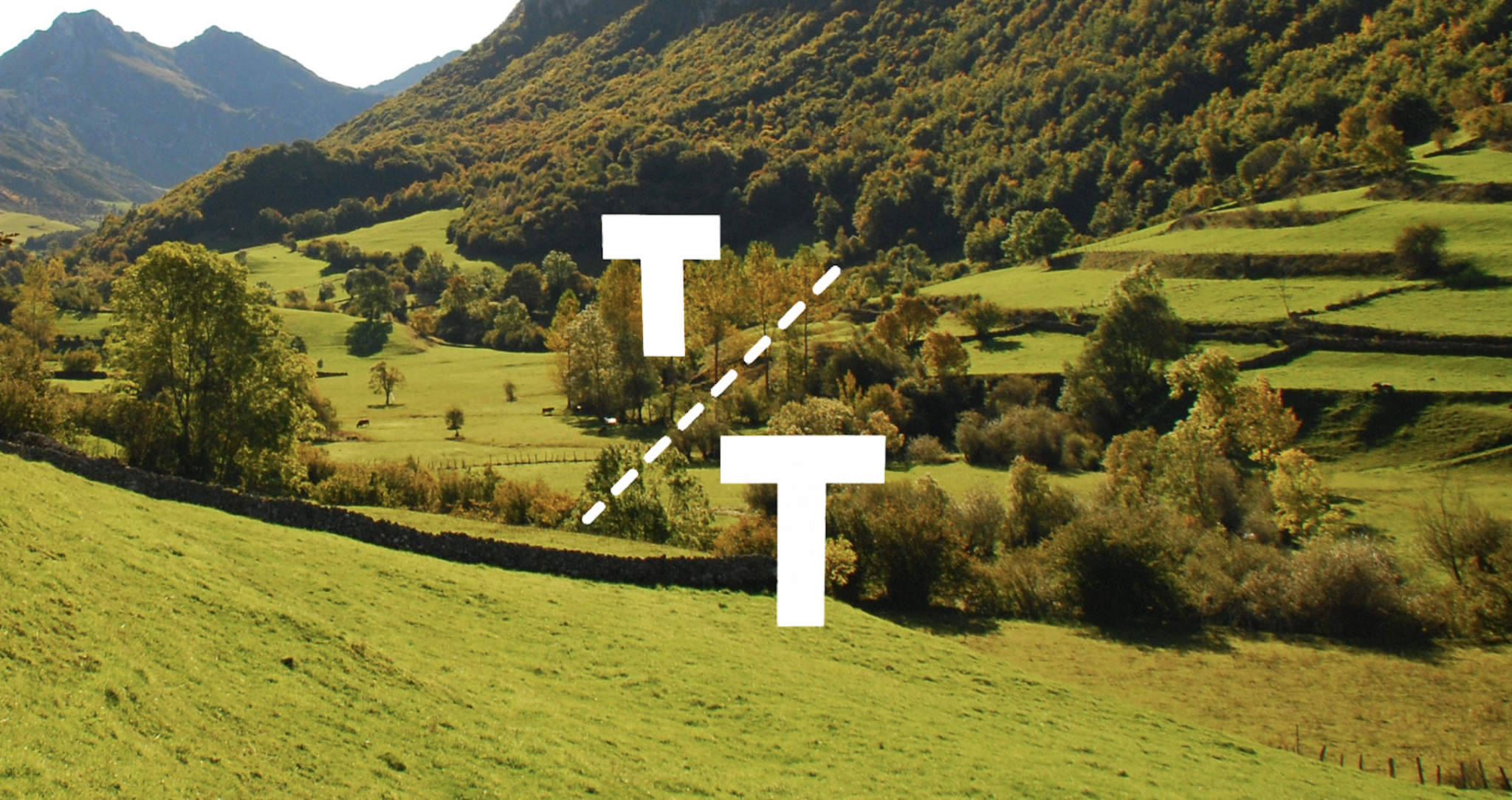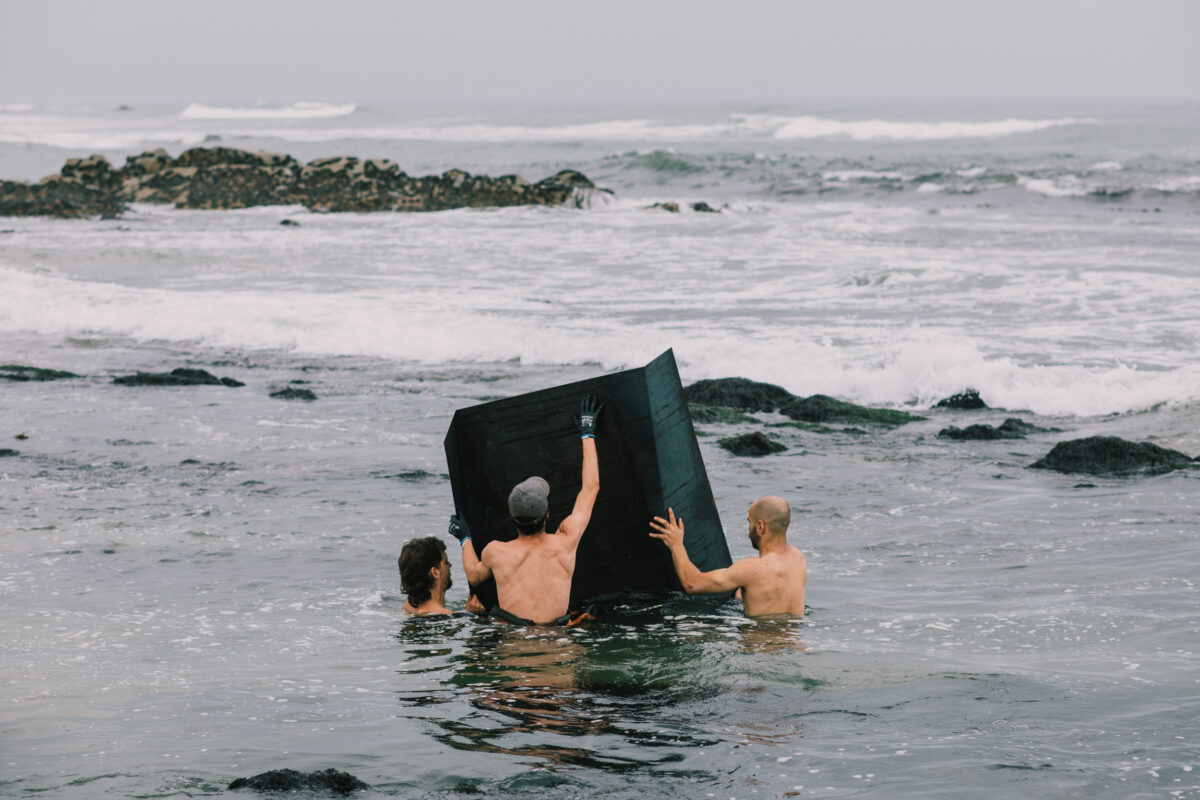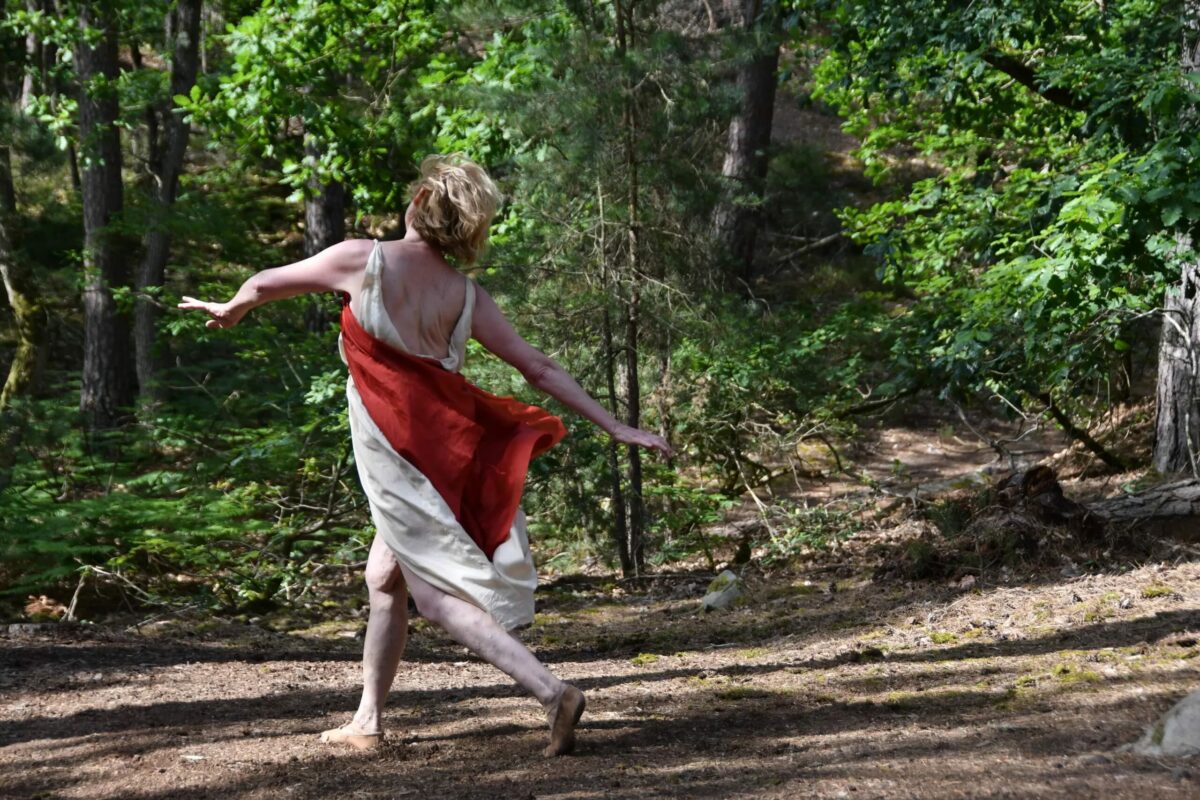
PALIMPSEST CREATIVE DIALOGUES – Open Call
As partner of the project, COAL is pleased to inform you that PALIMPSEST project has just launched the Open Call “Creative…

A new European cooperation program led by COAL with five European partners focusing on Transformative Artistic Practices
Published on 11 January 2024
Aware of the need to redefine the meaning of artistic practices in our societies, and embodying in concrete terms the great ambitions of the New European Bauhaus, COAL is running a project from 2024 to 2026, with five European partners, the scientific accompaniment of the Centre des Politiques de la Terre and the Institut Michel Serres, and the support of Creative Europe, the Transformative Territories: performing transition through the arts program to explore the role of the arts and transformative artistic practices on a territorial scale.
The six cultural players brought together in the Transformatives Territories cooperation program have long been working towards an alliance between art and sustainability. They have set themselves the goal of contributing to the development of a culture of sustainability, to bring about and embody other artistic, scientific and political narratives of ecological transformation and solidarity in our societies. Five of them have set up atypical, non-institutional cultural venues, veritable open-air laboratories where they can experiment with concrete, realistic “ecotopias”. In particular, they are characterized by their rural or agricultural location, which favors a connection with the realities of the local territory, daily life, biological diversity and natural cycles.
INLAND-Campo Adentro (Spain), is a project connecting art and rurality with base in Madrid, Mallorca and the mountains of Northern Spain, with a Shepherds School, publishing house and other actions. It was initiated by artist and agroecologist Fernando Garcia Dory in 2009. Artist Olivier Darné, with Zone Sensiblehas created a permaculture farm in Saint Denis on the outskirts of Paris (France) to reenchant the disfigured landscapes of the suburbs and reveal their richness. In Bohemia (Czech Republic), American artist Barbara Benish has created the
ArtMill
farm on the site of the former Červený Mlýn mill. A place dedicated to sustainable, situated and non-hierarchical artistic experimentation, where local and international scales intersect. As of 2019,
Locus Athens
has created Tavros, a venue named after the district of Athens (Greece) where it is located and in reference to its Turkish migratory history, championing art operational for ecology, democracy and equality.
Instituto Terra Memoria
is sure to unite the village of Maçao (Portugal) and its many intercontinental partners around the social, environmental and cultural challenges of ecological transition through archaeology and memory.
COAL
the program coordinator, has been supporting the emergence of a new culture of ecology and life through emblematic actions since 2008. In 15 editions, its COAL Art and Ecology Prize has helped to identify and bring to the fore hundreds of artists around the world who use their talent to imagine and experiment with solutions, to make visible and accompany the transformation of territories, lifestyles, organizations and modes of production.
These six partners are exploring and experimenting with collective processes for making Peace with the Earth, through their atypical and pioneering cultural venues and practices. As new places of learning and transmission on a regional scale, they contribute every day to inventing new cultural models that are resilient and inclusive. In particular, they are laboratories for experimenting and learning what we call Transformative Artistic Practices.
Driven by a new generation of artists, these artistic practices, born of collective, participatory and transdisciplinary processes, vary registers, modes of attention and ways of involving other entities to reconfigure ways of inhabiting the Earth. They are real
Culture-based solutions
for the ecological transition of territories. Through transnational research-creation, collective events, support for a scientific committee, the creation of methodological tools and their dissemination, TT aims to promote the innovation laboratories that these sites represent, and the potential of their practices.
With the aim of strengthening the circulation of artists, works and methodologies in this emerging field of Transformative Artistic Practices, reinforcing the capacities of these places and the artists they support, through the development of innovative pedagogies and the structuring of an extended network, establishing a genuine platform for exchange and mutual support between these organizations; disseminating their specific know-how and potential to the entire cultural sector and more widely to other sectors of the ecological transition in the service of a sustainable transformation of territories and our ways of living.
The fifteenth edition of the COAL “Se Transformer” Award is part of the European Transformative Territories program, and will showcase some 100 projects across Europe.
Follow the project on Instagram
PROGRAM LAUNCH: JANUARY 2024
A host of actions across Europe and up to 2026 to follow on our networks and soon on our website dedicated to the project!
As partner of the project, COAL is pleased to inform you that PALIMPSEST project has just launched the Open Call “Creative…
A Franco-Portuguese travelling exhibition on the energy challenges of the oceans organized as part of the France-Portugal cross-season, the Ocean…
COAL invites you to the heart of the Réserves Artistiques en forêt de Fontainebleau for the 4th edition of Nuits…

